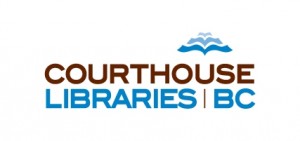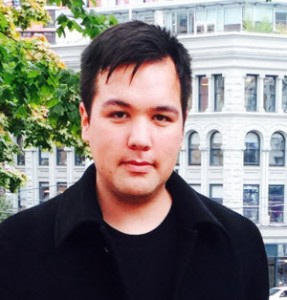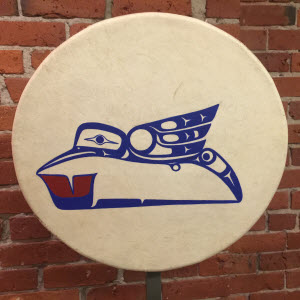Access Pro Bono – Wills Clinic Training


Are you a lawyer (or do you know a lawyer) interested in volunteering with the Access Pro Bono Wills Clinic (scroll to Wills & Estates Program), but don’t have much experience with drafting wills and personal planning documents? Access Pro Bono and Courthouse Libraries BC are hosting 2 training sessions to help you get started!
You can participate in these training sessions for free from anywhere in the province. In-person sessions will be held in Vancouver and Victoria, or you can watch the webinars from any place with a computer and an internet connection. Plus each session counts for CPD credit!
Find out more about the Access Pro Bono Wills Clinic and how you can volunteer here.
Enduring Powers of Attorney and Representation Agreements
This training session is designed for lawyers who have limited or no experience in drafting Enduring Powers of Attorney and Representation Agreements and who are interested in providing pro bono personal planning assistance to low income seniors and end-of-life clients. In this session, Joanne Taylor and Ron Usher of Nidus will introduce some of the types of documents that can be used to assist clients with personal planning. Participants may attend in-person at the Courthouse Libraries in Vancouver or by webinar. The Justice Access Centre in Victoria will also be hosting a group viewing of the webinar.
Participants in this course may claim up to 1.5 hours of CPD credit.
Date and time: Tuesday, January 26, 2016 from 1:00-2:30pm PST
Register here to attend in-person in Vancouver
Register here to attend at the JAC in Victoria.
Register here for the webinar.
Wills Basics
This presentation is targeted towards non Wills & Estate practitioners who are looking to get involved in providing pro bono will drafting for low income seniors and end-of-life clients. Nicole Garton of Heritage Law will share some of her knowledge and experience in drafting basic wills. Participants may attend in-person at the Courthouse Libraries in Vancouver or by webinar. The Justice Access Centre in Victoria will also be hosting a group viewing of the webinar.
Participants in this course may claim up to 1 hour of CPD credit.
Date and time: Friday, January 29, 2016 from 10:00-11:00am PST
Register here to attend in-person in Vancouver
Register here to attend at the JAC in Victoria.
Register here for the webinar.
For more information about our training programs, please contact us at: training@courthouselibrary.ca
Not a volunteer lawyer?
The Access Pro Bono Wills Clinics are offered to low-income seniors (55+) and people with terminal illnesses at physical locations in Vancouver (11:30am to 1:30pm at the Justice Access Centre at the Vancouver Courthouse, 800 Hornby Street), and also in Victoria and Nanaimo on a more limited basis.
Volunteer lawyers provide free legal help with simple wills and representation agreements. Please call the number or send an email to the address provided at the above link to make an appointment.

 During my clinical term I developed skills pertaining to: file management, communication with other parties, working with a supervising lawyer, in depth legal research and writing, trial preparation, criminal and civil litigation, networking with a close knit cohort of clinicians, and creative solution orientated thinking.
During my clinical term I developed skills pertaining to: file management, communication with other parties, working with a supervising lawyer, in depth legal research and writing, trial preparation, criminal and civil litigation, networking with a close knit cohort of clinicians, and creative solution orientated thinking.
